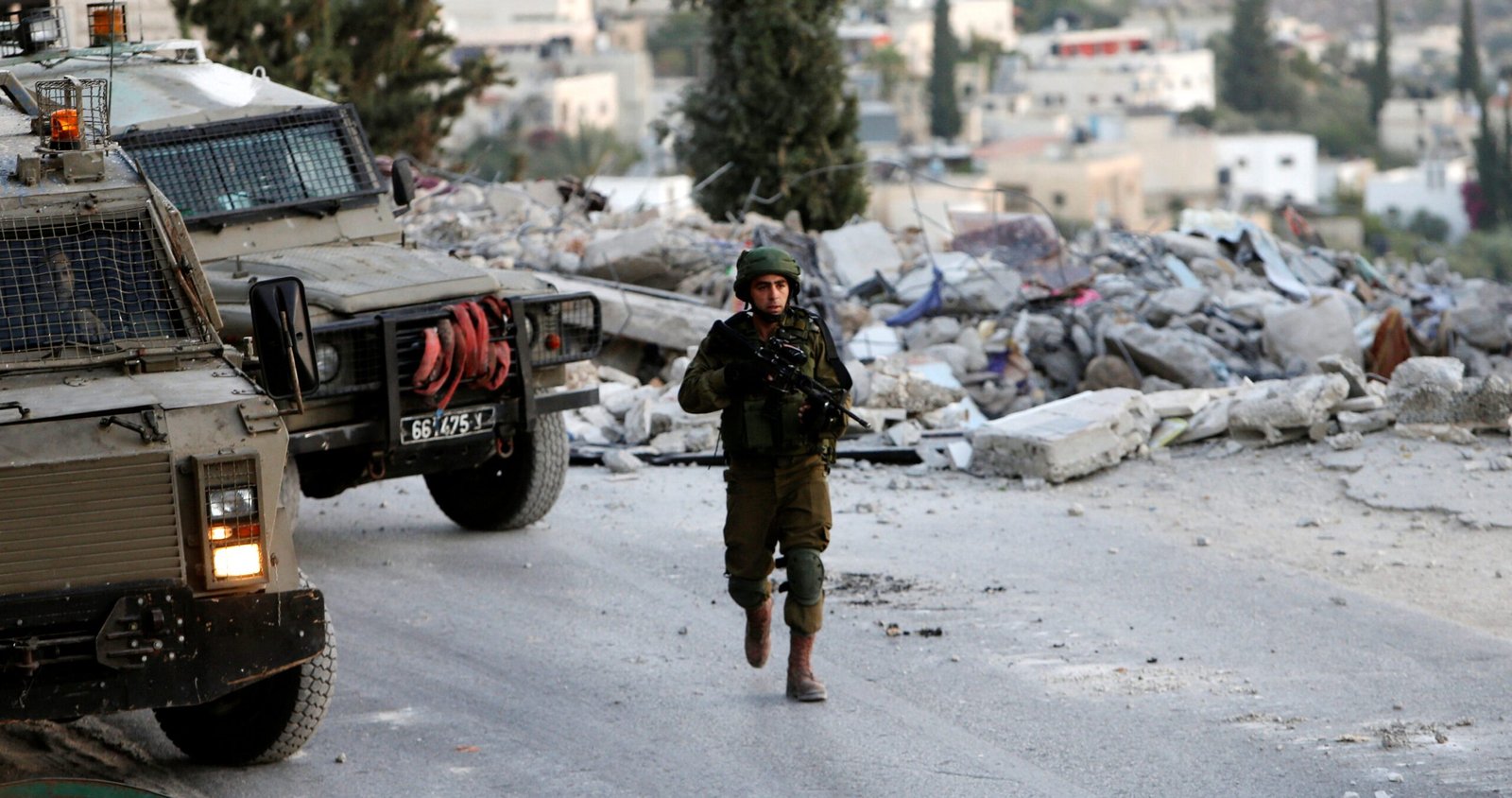In the complex and often heart-wrenching tapestry of Middle Eastern geopolitics, few threads are as consistently fraught with tension and tragedy as the Israeli-Palestinian conflict. The recent raid by Israel into Gaza’s al-Shifa Hospital marks a significant moment in the ongoing six-month war, shedding light on both the strategic imperatives and moral quandaries faced by nations embroiled in such enduring conflicts.
The operation at al-Shifa Hospital, described as one of the largest and most successful of its kind, saw over 800 men detained by the Israeli Defense Forces (IDF), with claims that 480 among them are members of Hamas and Islamic Jihad. This assertion underscores Israel’s stated objective to dismantle terrorist networks operating within Gaza. The military precision aimed at minimizing civilian casualties amidst such an extensive operation speaks to a broader strategy of targeting militants while attempting to spare innocent lives.
However, this approach does not come without its critics. The death toll, reported to be at least 170 people, raises inevitable questions about the true cost of these operations — not just in terms of human lives but also regarding the long-term prospects for peace in the region. It is here that we must consider whether actions taken ostensibly for security can inadvertently sow seeds for future unrest.
The international response has been mixed. A delegation comprising top Israeli defense officials was set to discuss further offensive strategies into Rafah with Washington—a plan met with criticism from within President Biden’s administration. This reaction from a key ally highlights a fissure between immediate tactical considerations and broader strategic visions for peace and stability in the Middle East.
Complicating matters further is a ceasefire resolution passed by the UN Security Council despite previous U.S. opposition—an indication of global concerns over escalating violence. Yet, skepticism abounds regarding its effectiveness given both Hamas’ and Israel’s opposition to it.
This situation poses difficult questions about how democratic nations defend themselves against non-state actors like Hamas that operate within densely populated areas—often putting civilians at risk while pursuing their objectives. Therein lies a fundamental challenge: balancing national security imperatives against ethical obligations towards non-combatants—an issue that demands nuanced consideration rather than binary thinking.
Moreover, it is essential to recognize that military might alone cannot forge lasting peace; dialogue remains crucial even amid deep-seated hostilities. While recognizing Israel’s right to self-defense against organizations committed to its destruction, there must also be acknowledgment of Palestinians’ legitimate aspirations for sovereignty and dignity—a premise central to any sustainable resolution.
As observers from afar, it behooves us all—regardless of our political leanings—to advocate for solutions that prioritize human life above all else; solutions where diplomatic engagements aim not only at cessation but prevention; where discussions on security include provisions for justice so desperately needed on both sides.
In conclusion, while acknowledging Israel’s complex security challenges—including those posed by entities like Hamas—it is imperative we champion approaches fostering long-term stability through constructive dialogue alongside defensive measures when necessary. Only then can we hope to see progress toward peace which respects both Israelis’ safety concerns and Palestinians’ rights—a goal worthy of our earnest endeavors.

Leave a Reply